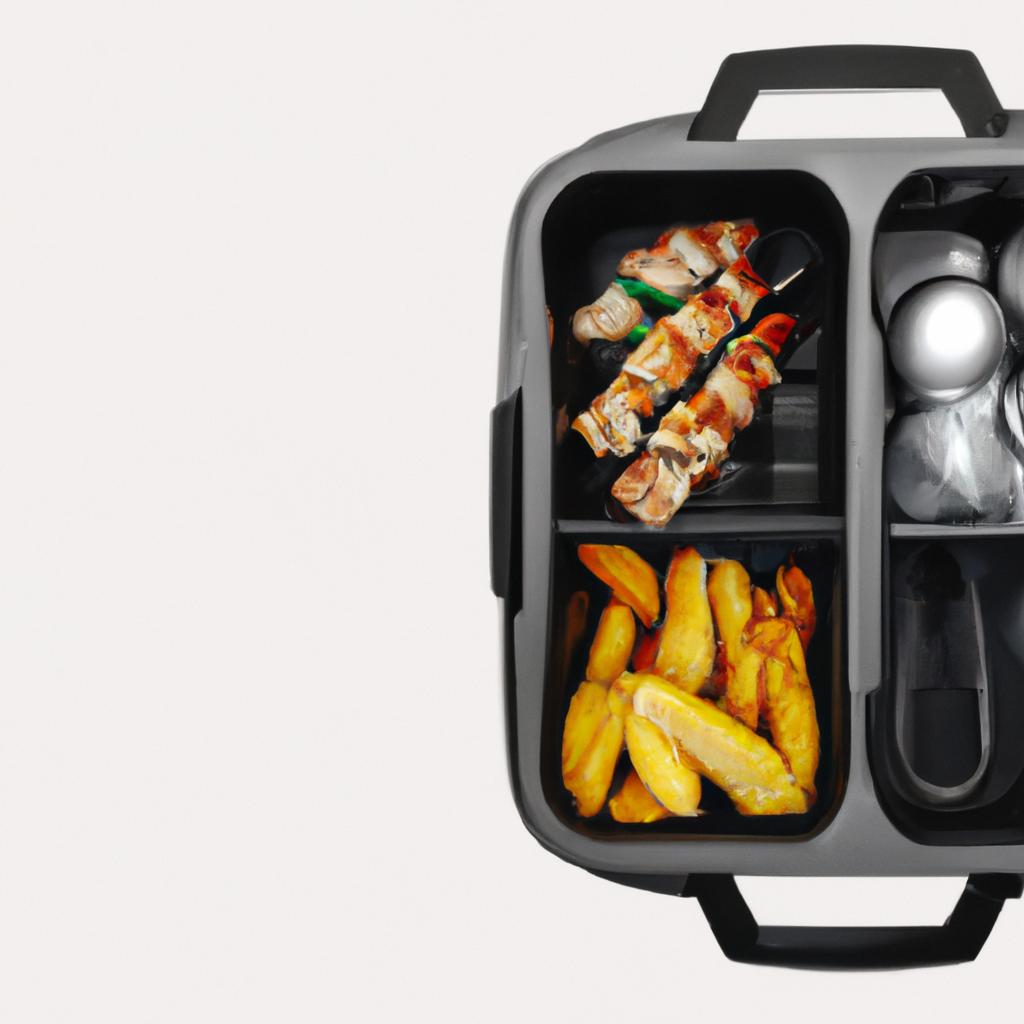The Impact of Post-Exercise Nutrition on Immune Function: How Recovery Meals Influence Your Body’s Defense System
# The Impact of Post-Exercise Nutrition on Immune Function: How Recovery Meals Influence Your Body’s Defense System
In the quest for optimal fitness, we often focus on exercise regimes and workout intensity, but one critical aspect frequently overlooked is nutrition—specifically, post-exercise nutrition. The meals consumed after physical activity play a vital role in not only muscle recovery but also in supporting and enhancing the immune system. This blog post delves into how recovery meals influence your body’s defense mechanisms, offering nutrition tips, exercise advice, and health benefits that underscore the importance of thoughtful post-exercise nutrition.
## Understanding the Immune System and Exercise
### The Relationship Between Exercise and Immunity
Regular exercise is known to boost immune function by promoting good circulation and reducing inflammation. However, intense workouts can temporarily suppress the immune system, leaving the body susceptible to infections. This is where post-exercise nutrition comes into play.
### The Role of Recovery Meals
Recovery meals are designed to replenish lost nutrients and energy. They play a pivotal role in restoring muscle glycogen, repairing muscle tissue, and supporting the immune system. By providing the necessary building blocks, these meals can help mitigate the temporary immune suppression that follows intense physical activity.
## Nutrition Tips for Post-Exercise Recovery
### Macronutrients Matter
1. **Carbohydrates**: After exercise, the body’s glycogen stores are depleted. Consuming carbohydrates helps replenish these stores, providing energy for subsequent workouts. Aim for a 3:1 or 4:1 ratio of carbohydrates to protein for optimal recovery.
2. **Protein**: Protein is essential for muscle repair and recovery. Consuming a high-quality protein source, such as lean meat, fish, eggs, or plant-based alternatives, can aid in muscle recovery and support immune function.
3. **Fats**: While fats should be consumed in moderation, healthy fats (like avocados, nuts, and olive oil) can aid in the absorption of fat-soluble vitamins that support immune health.
### Micronutrients and Hydration
1. **Vitamins and Minerals**: Nutrients like vitamin C, vitamin D, zinc, and antioxidants play a crucial role in immune function. Incorporate a variety of fruits and vegetables into your recovery meals to ensure adequate intake of these essential micronutrients.
2. **Hydration**: Rehydration is vital after exercise. Water should be the primary source of hydration, but electrolyte-rich drinks can also be beneficial, especially after prolonged or intense workouts.
## Exercise Advice for Optimal Immune Function
### Timing Your Recovery Meal
The timing of your post-exercise meal can significantly influence its effectiveness. Ideally, consume your recovery meal within 30 to 60 minutes after exercising. This is when your muscles are most receptive to nutrients, allowing for better glycogen replenishment and muscle repair.
### Listen to Your Body
Pay attention to how your body reacts to different foods post-exercise. Some individuals may prefer solid foods, while others might opt for smoothies or shakes. Ensure that your recovery meals align with your personal preferences and dietary restrictions.
## Health Benefits of Post-Exercise Nutrition
### Enhanced Immune Function
Proper post-exercise nutrition can bolster your immune system, reducing the risk of illness in athletes and regular exercisers alike. A well-nourished body is better equipped to fight off infections and recover from physical stress.
### Improved Recovery and Performance
Consuming recovery meals rich in carbohydrates and protein not only aids in muscle repair but can also enhance subsequent performance. Athletes who prioritize post-exercise nutrition often find they can train harder and recover faster.
### Long-Term Health Benefits
Incorporating balanced recovery meals into your routine can lead to long-term health benefits, including improved metabolic health, better body composition, and a reduced risk of chronic diseases. By maintaining a strong immune system through proper nutrition, you are investing in your overall health and longevity.
## Conclusion
In summary, post-exercise nutrition significantly influences immune function, recovery, and overall health. By prioritizing balanced meals rich in carbohydrates, protein, and essential nutrients, you can enhance your body’s defense mechanisms and improve your athletic performance. Remember, the key to a successful fitness journey is not just how hard you train, but also how well you nourish your body afterward. So, make those recovery meals count!















Post Comment